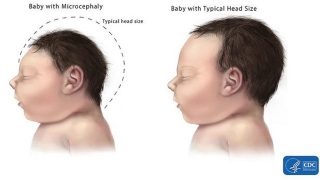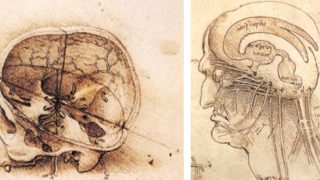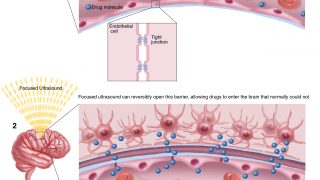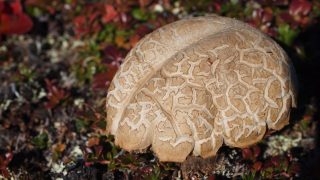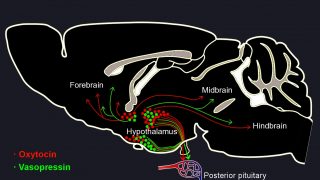
Chronic wasting disease in Europe
Prion diseases are a group of severe conditions that affect the nervous system of many animals, including humans. Although their causes were highly controversial, there is a widespread agreement nowadays that they are originated and transmitted by prions, infectious agents with a normal and an abnormal structure. The abnormal prion protein infects the host animal […]

